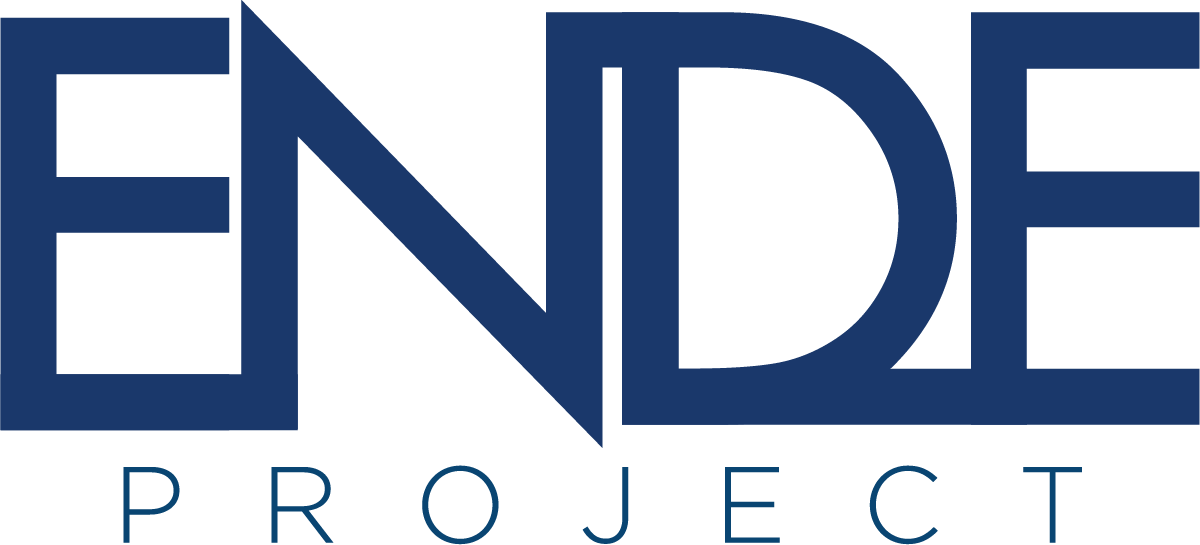Digital Democracy and the Rule of Law: Challenges and Opportunities. Bialystok Legal Studies Journal
Guest Editors: David Ramiro Troitiño, Viktoria Mazur
The increasing role of digital technologies in governance, elections, and public participation has transformed democratic systems worldwide. Digital platforms have enabled greater citizen engagement, enhanced transparency, and improved access to political processes. At the same time, however, the digitalization of democracy brings significant legal, ethical, and security challenges. Disinformation campaigns, digital surveillance, the use of artificial intelligence in governance, and the monopolization of public discourse by private digital actors pose threats to the integrity of democratic institutions and the rule of law.
The European Union has been at the forefront of regulating the digital space to protect democratic values and fundamental rights. Instruments such as the Digital Services Act (DSA) and Digital Markets Act (DMA) aim to curb the influence of Big Tech, prevent the spread of harmful content, and establish legal obligations for online platforms. Other legislative efforts, including the AI Act and regulations on election integrity, further reflect the EU’s commitment to ensuring a fair and secure digital environment for political participation. However, these initiatives raise important questions regarding free expression, privacy, and the balance between state control and democratic freedoms.
Comparing the approaches of the European Union, the United States, and other global actors, this Call for Papers seeks to explore the evolving relationship between digital technology and democracy. Possible topics include, but are not limited to:
- The impact of disinformation, fake news, and deepfakes on democratic processes.
- The role of social media platforms in shaping political discourse and public opinion.
- Legal frameworks governing online political advertising and election integrity.
- Cybersecurity threats to democratic institutions, including foreign interference.
- The use of artificial intelligence and algorithmic decision-making in governance.
- The effectiveness of the EU’s Digital Services Act (DSA) and Digital Markets Act (DMA) in regulating online platforms.
- Balancing free speech and content moderation in digital spaces.
- The implications of mass surveillance and data privacy laws on political freedoms.
- The role of civil society and digital activism in defending democracy.
- Comparative perspectives on digital democracy in the EU, US, and beyond.
This call intends to deepen the understanding of digital democracy by analysing its legal, political, and societal dimensions. By examining these challenges from a comparative and interdisciplinary perspective, we aim to provide insights that can help policymakers, legal scholars, and technology experts shape the future of democratic governance in the digital age.
We invite academics, policymakers, and practitioners to submit research articles that contribute to the discussion on digital democracy, legal frameworks, and the rule of law.

Recent Comments